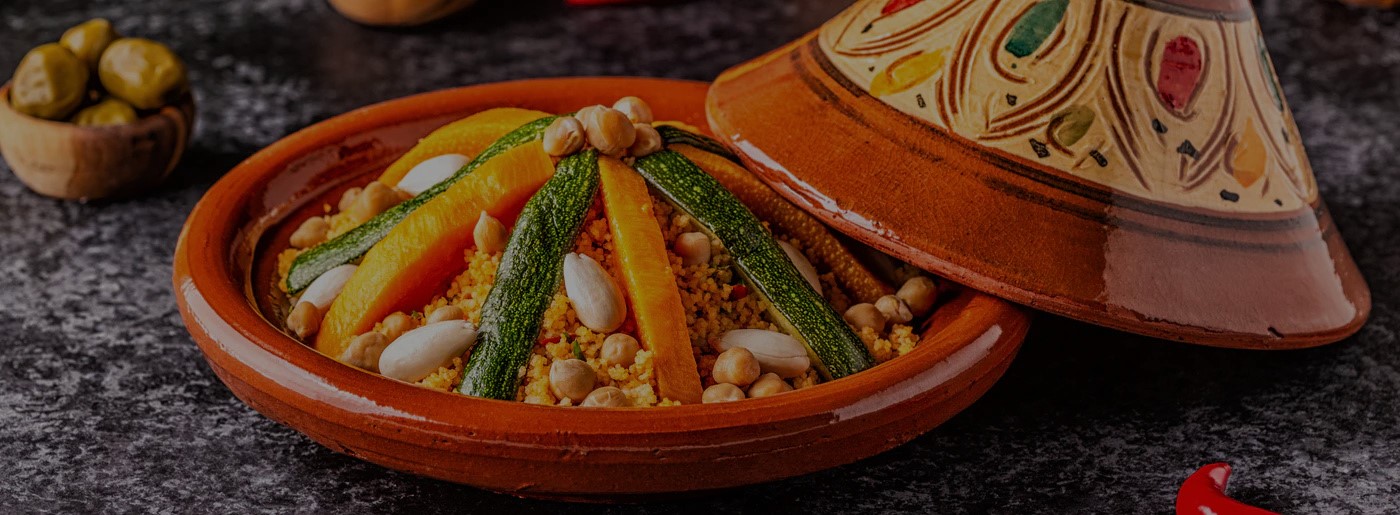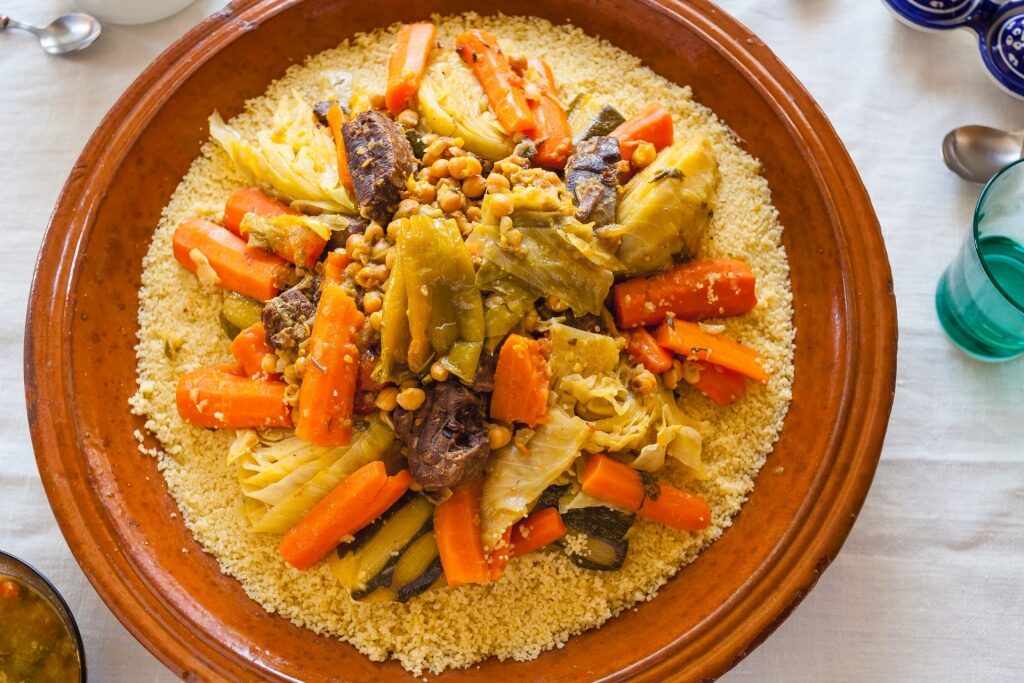Cultural and touristic influence… Moroccan cuisine sweeps global digital competitions
The Moroccan flag had a “sweeping” presence in the “digital competitions” organized by the digital platform “Pubity”, on the “story” feature on Instagram, about “the best cuisine in the world”; as it managed to win the lead, after 2.5 million voters decided in favor of “Morocco” that Moroccan cuisine is “better” than Italian cuisine, https://gomarrakechdeserttrips.com/authentic-traditional-moroccan-cooking/ and in the next stage from Japan, and the final qualifiers from the “last opponent”: Mexican cuisine.
“Defeating” Italy, Japan, and Mexico on a global digital platform followed by some 37 million followers worldwide was the “decisive point” for observers. The “after-effect” is what commentators found “essential”. Even if they, in turn, confirmed that the voting process was “spontaneous” and “sometimes arbitrary”, they found the automatic “digital radio service” that these competitions provided to Moroccan culture to require some “explanation indeed”.
Vital Superiority
Hassan Kharjouj, a researcher specializing in digital systems, said that Morocco’s presence in this way, starting from its kitchen, “confirms the credibility of the saying that the digital race is necessary and vital to spread any culture, whatever its type,” noting that “the Kingdom of Morocco is not outside this global race that does not hold any mercy towards those who look at it with suspicion or question its roles and impact.”
The researcher specializing in digital systems added: “These competitions are important for Morocco and important for Moroccan science, Moroccan cuisine, and the country’s tourism offering in general.”
In clarifications he provided to Hespress, Kharjouj stated that this “superiority, although seemingly spontaneous, requires us to exert more efforts to harness digital in our economic and tourism scene more precisely and to accelerate the digital transition workshops to obtain a ‘membership card’ in the club of societies that are good at dealing with sweeping waves of technology.”
The speaker stressed that “trust must be given to young people who have the working techniques and keep up with these rapid and successive leaps witnessed by technology,” pointing to the efforts made by young people who film professional videos that advertise Moroccan culture, with meager capabilities, but achieve impressive successes in terms of follow-up.
He said that “the Ministry of Tourism spends huge sums of money on advertising operations, and that is why it is time for the public authorities to pay attention to digital initiatives that operate with small budgets; but their effect is not to be underestimated at all,” concluding that “the best kitchen competitions that Morocco won are an image or evidence of how something local can reach distant countries thanks to digital technology.”
Effective tourism
Jamal Al-Saadi, a tourism operator, said that “winning this bet, even if the voting method is questionable, generally confirms that the Moroccan product related to cuisine is popular with foreign tourists,” noting that “the heritage of the table in any country is an essential element in the global marketing process; The countries that are effective in tourism are the ones that can guarantee the marketing of this heritage, and that is why we see exhibitions dedicated to local food in some countries.
Saadi added, in a statement to Hespress, that “Italy is known, and Japan as well, due to the economic strength of this country, and outperforming them, along with Mexico, in this race is interesting,” stressing that “it is time for us to take our cuisine out of the exclusivity of “Tajine,” and integrate into the national marketing strategy the rest of the meals that are specific to us, and that we find in different Moroccan regions. We must stop reducing our rich cuisine to specific meals.”
The tourism operator discussed, on the other hand, Morocco’s presence in this global competition digitally, considering that it “has established the Moroccan flag in the minds of many who do not know it; and will stir curiosity among people who may not have sufficient knowledge about Morocco and its specificity in the kitchen,” concluding that “billions of people around the world have smartphones, and that addressing foreign tourists digitally is no longer a luxury; and official actors have found a way to create a vision for digital marketing.”







